FGL
$264.98
Earn 265 points upon purchasing this product.
For optimal stability and integrity, we recommend reconstituting all peptides with bacteriostatic water, as reliability cannot be guaranteed with alternative solutions.
- 1st and 3rd Party Verified for 99% Purity
- Free Shipping on Orders Over $100+
Enjoy 24/7 customer support, 1st & 3rd party verified 99% purity, and free shipping on orders over $100!
Description
What is FGL?
FGL peptide is a synthetic peptide fragment derived from the neural cell adhesion molecule (NCAM), specifically from its fibronectin type III (FnIII) module. It has been designed to mimic NCAM’s functional domain, which promotes neurite outgrowth and synaptic plasticity.Â
Researchers are actively studying the FGL peptide for its potential neuroprotective effects and role in enhancing cognitive function in experimental models.
This product is strictly intended for research purposes and is not approved for human use.
How does it work?
FGL peptide is modeled on a functional motif of the NCAM protein and is known to activate fibroblast growth factor receptor 1 (FGFR1), initiating downstream signaling cascades. These pathways are associated with neuronal differentiation, synaptic plasticity, and cellular survival.
Current research suggests it may work by:
- Enhancing neurite outgrowth via FGFR1 activation.
- Promoting synaptic plasticity and long-term potentiation in neuronal networks.
- Supporting neurogenesis and repair in models of neurodegenerative conditions.
The mechanisms are under active investigation and require further validation through controlled studies.
What are the potential benefits of FGL peptide?
FGL peptide is being studied in a range of neuroscience-related research contexts, such as:
- Investigating mechanisms of learning and memory at the molecular level.
- Exploring potential neuroprotective strategies in neurodegenerative disease models.
- Studying synaptogenesis and neural repair in vitro and in vivo.
- Evaluating peptide-based therapies for cognitive enhancement in preclinical settings.
These applications are experimental and require further research to determine efficacy and safety.
Research on FGL peptide
Research on FGL peptide has yielded promising preclinical results:
- Neurobiology: Studies show that FGL promotes synaptic plasticity and has memory-enhancing effects in animal models.
- Neurodegeneration: Preliminary investigations suggest a protective role against neural damage in Alzheimer’s and other neurodegenerative disease models.
- Behavioral Science: Rodent studies have demonstrated improvements in learning and cognitive performance following FGL administration.
These findings are preliminary and intended for scientific exploration only.
Where can I buy FGL online for research purposes?
If you are looking to buy FGL for research purposes, PureRawz is a trustworthy source.
We provide reference materials with every product we sell. A Certificate of Analysis is available for reference, providing information on identification, purity, and concentration.
Is it legal?
FGL is legal for research purposes. The FDA has not approved it for human or veterinary use. Further studies are required to determine its effectiveness.
FAQs
Is FGL approved for human consumption?
No, FGL is used for research purposes. The FDA has not approved it for human or veterinary use.
What is the shelf life of FGL?
FGL typically has a shelf life of up to 2 years. However, its shelf life depends on the storage conditions.
How should FGL be stored?
It is best to store FGL in a cool, dry place away from direct sunlight. This helps maintain the shelf life of the product.
Disclaimer
This information is for educational purposes only and not medical advice. Products are for research use only. Research must follow IRB or IACUC guidelines. Verify information independently before purchasing. By ordering, you agree to our Terms and Conditions. If you are not 100% satisfied with the product you received, please contact us at support@purerawz.co
ATTENTION: All our products are for LABORATORY AND RESEARCH PURPOSES ONLY, not for veterinary or human usage.
You must be logged in to post a review.
Please click here to access instructions on how to make a payment.
How to Pay
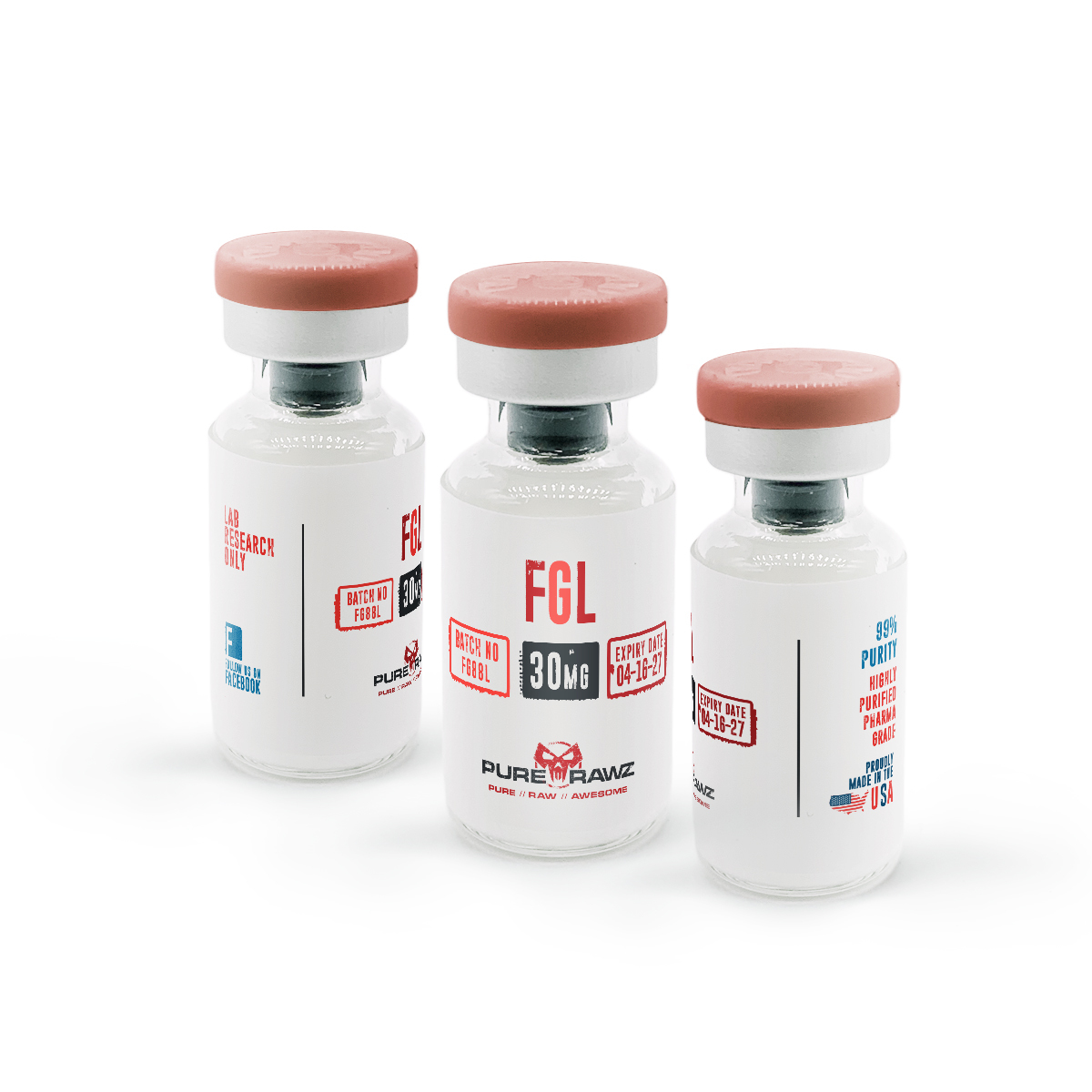
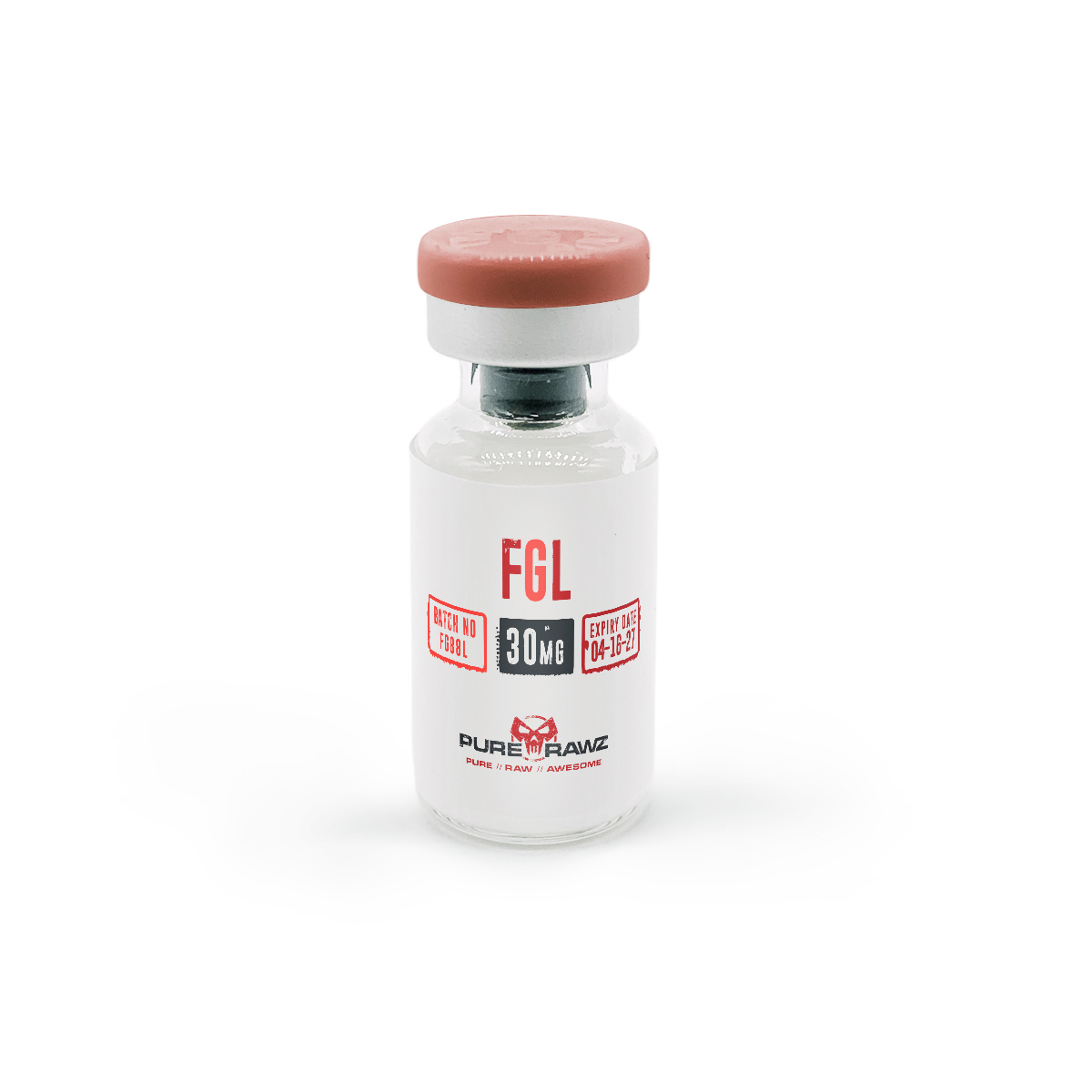
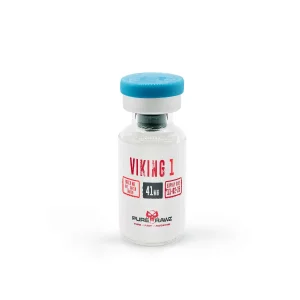
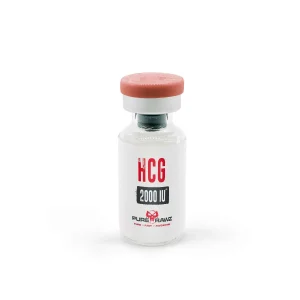
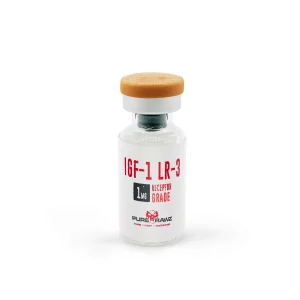
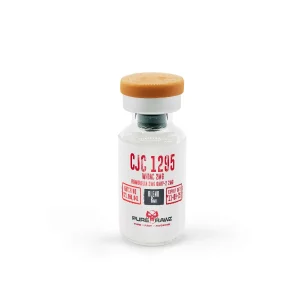
Reviews
There are no reviews yet